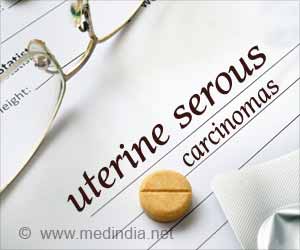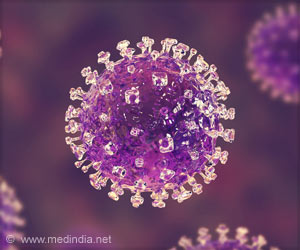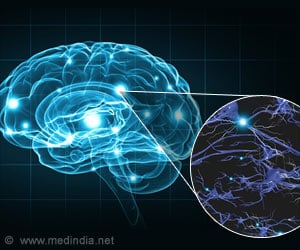
In the study, researchers verified that the 7,8-Dihydroxyflavone injected into mice previously subjected to a traumatic experience made them extinguish fear conditioning quicker.
The enhancement of this new learning is the result of 7,8-Dihydroxyflavone activating the TrkB receptors in the brain, probably those found in the amygdala, which are essential for emotional learning and memory.
Chronic administration of foods rich in flavonoids in lab animals has demonstrated neuroprotective effects in aged rodents, but the activation of TrkB receptors produced by these foods is surely low compared to the effects of 7,8-Dihydroxyflavone.
TrkB receptors in the brain are activated in mammals by the BDNF protein. There are different pathologies, such as depression or anxiety disorders, in which this protein shows alterations in its function.
Unfortunately, administration of the BDNF protein as a drug is limited given that a large part of the amount injected does not permeate the blood-brain barrier and cannot access the brain. Very recent studies have demonstrated that 7,8-Dihydroxyflavone is the first drug to imitate BDNF actions and enter the brain with much more efficacy than the protein, thus revealing therapeutic actions in animal models suffering from Alzheimer's, strokes, Parkinson's and/or depression.
Advertisement
Source-ANI














